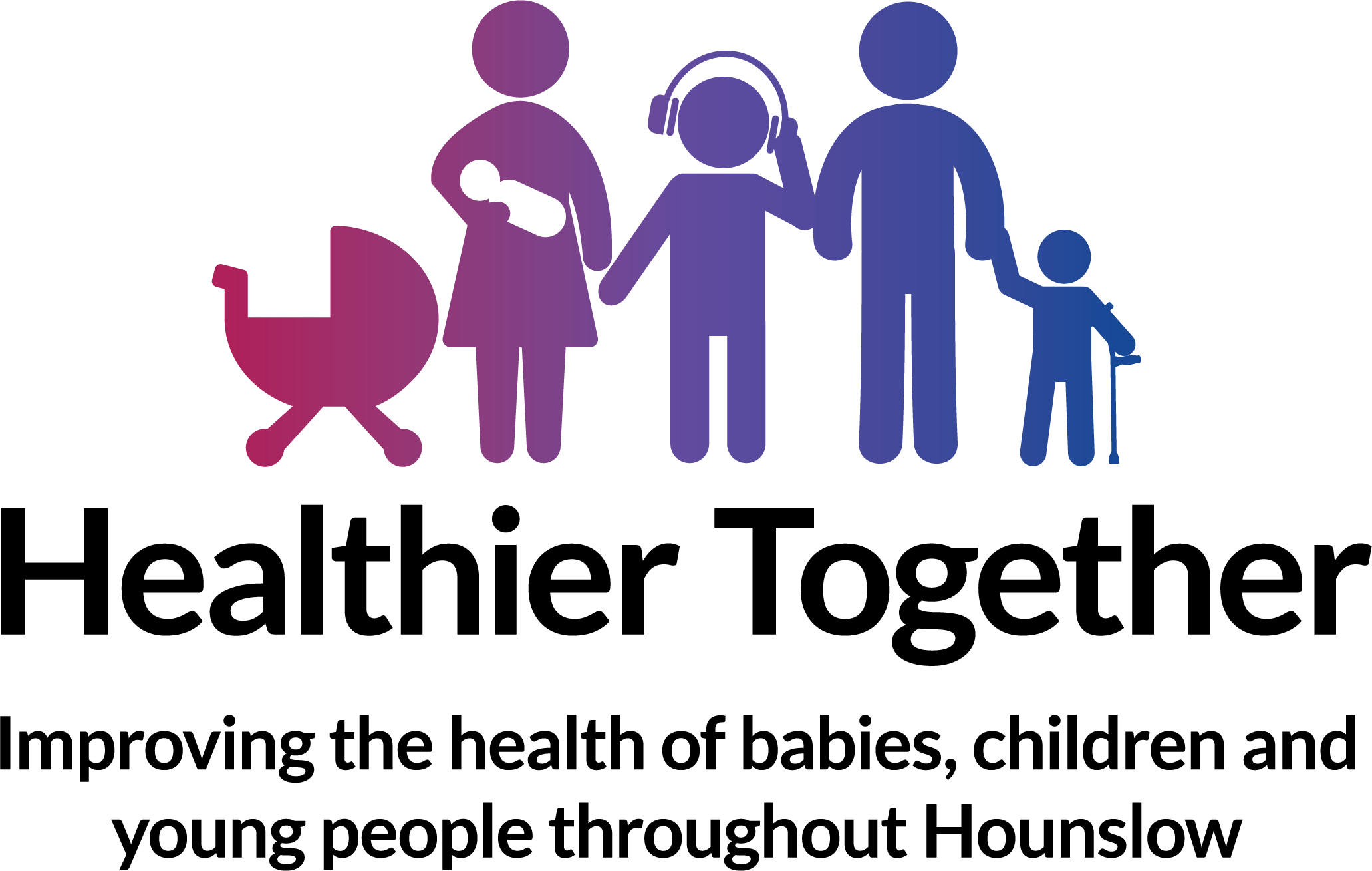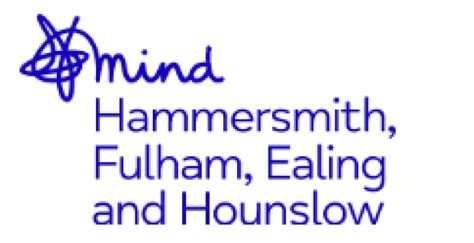Where to get urgent help
For urgent help:
If it's an emergency:
- If you are in an emergency and there is a risk to life (that can be your own or another persons) call 999
If you feel unable to keep yourself safe, it’s a mental health emergency. Whatever you’re going through, you don’t have to manage on your own. There are people you can talk to by texting, typing, speaking, or using BSL.
Text NATTER to 85258 textline

Text NATTER to 85258 to access free, 24/7 text support. Your text will be answered by trained volunteers and it’s confidential unless they’re concerned about your safety.
Best For You

Best for you is a website for young people offering a wide range of tried-and-tested digital resources, providing 24/7 support for young people. It also connects organisations within and beyond the NHS to provide early intervention support, clinical assessment and specialist treatment.
Visit the Best for you website.
The Circle, a crisis prevention café

The Circle is a hub space and café that offers mental health support for young people in Ealing and Hounslow who are near, or at a crisis point with their mental health.
Speak CAMHS helpline
Call 0800 328 4444 and choose option 2 for Speak CAMHS.
The helpline is open:
- Monday to Friday from 8am to 11pm
- Weekends and Bank holidays from midday to 8pm.
What is Speak CAMHS?
Speak CAMHS is a specialist helpline available for anyone to discuss mental health concerns they have about children and young people, under 18, living in Ealing, Hounslow and Hammersmith & Fulham.
The helpline is run by a team of child and adolescent mental health services (CAMHS) professionals from West London NHS Trust, who are familiar with local services and have a range of specialist mental health knowledge.
Who is the helpline for?
- It's available to anyone, which includes: children and young people, their families, carers, CAMHS colleagues, and other professionals, such as GPs, social workers, and teachers.
- The helpline aims to support children and young people to utilise their safety plan, which they may have formulated with their community or other specialist care teams, to minimise any potential risk issues.
- The purpose of the helpline is to avoid and de-escalate periods of crisis for children and young people, therefore reducing visits to emergency departments and avoiding admissions to psychiatric hospitals.
The West London Mental Health Partnership: Empowering Minds, Changing Lives
A collaboration comprising three local Mind Associations – Hammersmith, Fulham, Ealing, and Hounslow Mind, Hillingdon Mind, and Mind in Harrow. Our collective goal is to enhance the lives of individuals facing mental health difficulties across West London.
As leading providers of mental health services, we are dedicated to delivering high-quality information and support that caters to the mental health needs of our communities.



